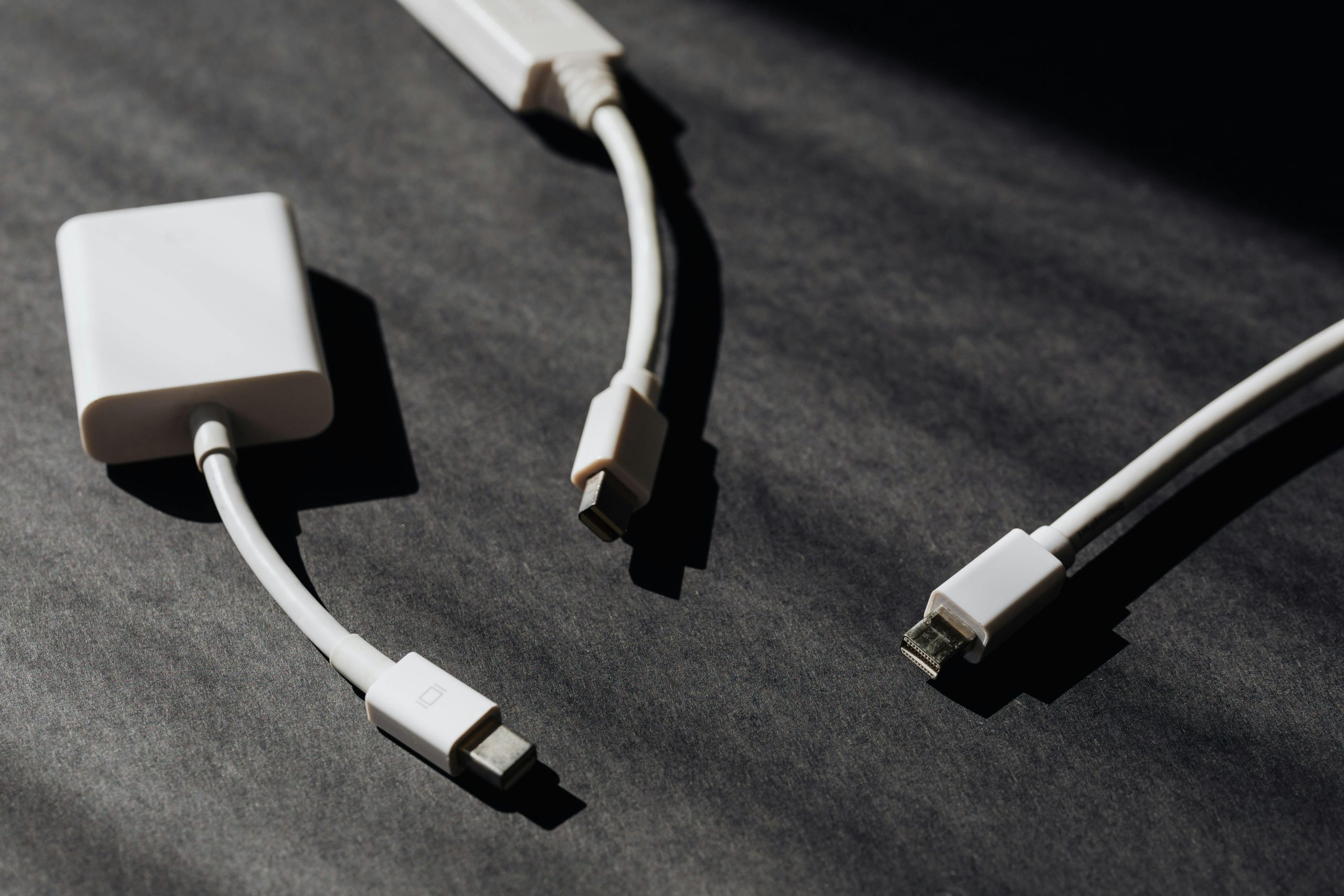Troubleshooting USB-C Port Issues on Your Gigabyte Aorus Z690I Ultra Lite DDR4 Motherboard: A Case of Port Failure and System Shutdown
If you’ve recently experienced unexpected shutdowns when connecting USB devices through your motherboard’s USB-C port, you’re not alone. Such issues can be concerning, especially when the port appears physically damaged or causes system instability. Here, we delve into a common scenario where a user’s USB-C port on a Gigabyte Aorus Z690I Ultra Lite DDR4 motherboard seems to be malfunctioning after connecting a SATA SSD via a USB-to-SATA adaptor.
Understanding the Scenario
In this particular case, the user connected a SATA SSD using a USB-to-SATA adaptor into the motherboard’s rear USB-C port. Immediately upon plugging in the device, the PC shut down. Subsequent attempts to connect the adaptor caused the same behavior, indicating a potential hardware fault with the port. Notably, the rest of the system continues to function normally, provided the USB-C port isn’t used.
This situation suggests a hardware-level issue, possibly involving the port’s internal circuitry, power delivery components, or the motherboard’s USB controller.
Common Causes
- Physical Damage or Failure of the USB-C Port: The port may have sustained damage or developed a fault, causing a short circuit or overcurrent when a device is connected.
- Power Surge or Short Circuit: Connecting certain devices can sometimes cause a surge, particularly if the adaptor or drive has issues.
- Faulty USB-to-SATA Adaptor or Drive: While less common, defective peripherals can cause hardware conflicts or electrical issues.
- Motherboard Hardware Defect: Manufacturing defects or damage from previous incidents could also be a factor.
Step-by-Step Troubleshooting
- Disconnect All Devices and Power Down:
- Remove the SATA SSD and any other devices connected via the USB-C port.
-
Power down your PC and unplug it from the power source.
-
Inspect the USB-C Port Visually:
- Check for any visible damage, debris, or bent pins.
-
If any physical damage is present, this likely necessitates professional repair or motherboard replacement.
-
Test the USB-C Port with Different Devices:
- Try connecting a different known-good USB-C device to verify if the port responds safely.
-
Monitor whether the system shuts down or if the port functions normally.
-
**Test with Alternative Ports and Devices:
Share this content:



